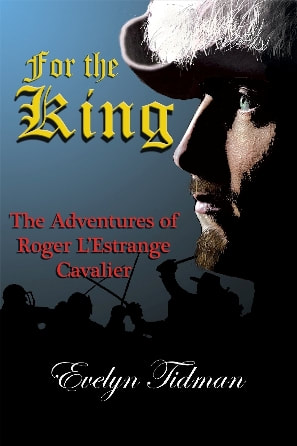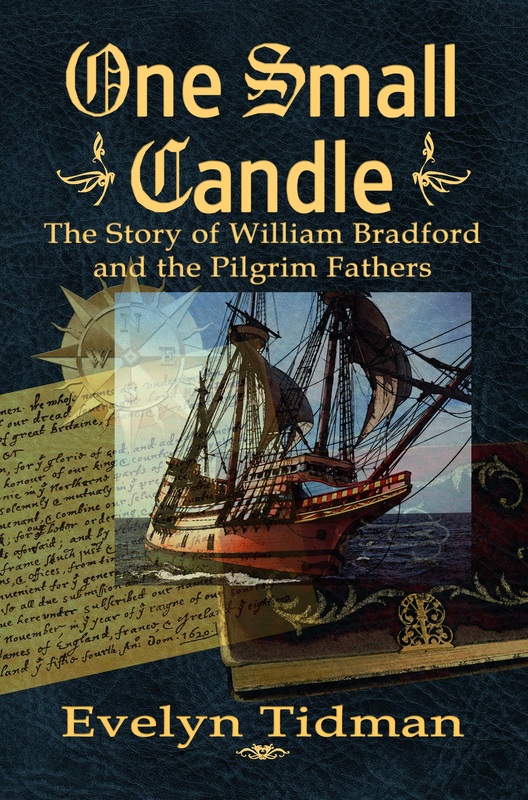It took a while (the cogs turn slowly sometimes) for the penny to drop. The calendar changed in 1752 from Julian to Gregorian. Could that be the reason?
It took some digging, but eventually I found a Julian calendar. If you want to know, it is here: http://5ko.free.fr/en/jul.php?y=1644 . Sure enough the dates and days tallied with the historical record.
So why the change from Julian to Gregorian?
It is all to do with the sun. The Julian calendar, which had been in use since Julius Caesar for whom it has been named, did not properly reflect the actual time it takes the Earth to circle the sun. The Julian calendar had a formula which included a leap year every four years. It meant that eventually the vernal equinox and the winter solstice did not occur on the right date. The Gregorian calendar brought it all back into line.
Pope Gregory XIII (hence the name Gregorian, of course!) issued a papal bull in 1582 decreeing that ten days should be dropped when changing to the new calendar. But not every country adopted the new calendar immediately. While France, Italy, Poland, Portugal, Spain, Austria and Germany (Catholic states) changed in 1582-3, other countries took longer, Turkey, for example waiting until 1926/27. And the longer they waited to change, the more days had to be dropped to bring it into line with the Gregorian Calendar. Britain and most areas of the US and Canada changed in 1752 and had to drop 11 days, while the Turks in 1926/7 had to drop 13 days.
Why the discrepancy? It takes the Earth approximately 365.242189 days to circle the Sun. That is 365 days, 5 hours, 48 minutes and 45 seconds. If we did not have a leap year every four years, we would lose almost six hours off our calendar each year. After 100 years, we would be out by 24 days. Notice the word almost. Almost six hours. Not six whole hours. Therefore, a leap year is not every four years. To identify a leap year, therefore, the year must be divisible by 4. If, however, the year can be evenly divided by 100, it is not a leap year, unless it can also be evenly divided by 400, then it is a leap year. So the year 2000 and 2400 are leap years. 1800, 1900, 2200, 2300 and 2500 are not leap years. Got it?
My thanks to John Chapman on Facebook who drew my attention to the following:
“1750 ran from 25 March to 24 March, 365 days
1751 ran from 25 March to 31 December, 282 days
1752 ran from 1 January to 31 December, 354 days (it should have been a leap year but, the 29 Feb. and 11 days from the 3 to 13 September were missed out to bring the calendar back in line with the Sun).
1753 ran from 1 January to 31 December, 365 days.
The US was still British at the time so it is the same. Other countries in Europe changed their calendar from the Julian to Gregorian on different dates - some earlier - some later.”
He further added:
“ The tax year in Britain used to start on Lady Day(25th March) When they changed it they didn't dare shorten the tax year which is why the UK's tax year starts on 6th April now.”
Prior to the introduction of the Gregorian calendar in 1582, New year was considered to be 25th March, or as my friend John says above, Lady Day. This has led to great confusion about dates. In the 17th and 18th centuries, dates recorded between 1st January and 24th March were often written thus: 22nd February, 1642/3. If there was no second figure there could be confusion over whether the date was actually in 1642 or 1643 as we view it. This is particularly true of dates of birth or death, leaving one wondering if the person were actually 89 or 90 years old when they died! It took a long while, probably until the adoption of the Gregorian calendar in 1752, for people to make the change properly.
So when you ask Google what day of the week for a certain date, if it is before 1752 beware. They are probably using the Gregorian calendar. Though why anyone would want to know what it should have been according to the Gregorian calendar is beyond me. Don’t we want to know how the people at the time viewed it? That means looking at the Julian calendar.
Now I have some corrections to make in my work!
Evelyn Tidman is the author of four historical novels.
REBELLION, Roger L'Estrange and the Kent Petition is out now on Amazon.
Also in PRINT
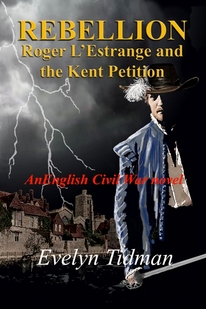
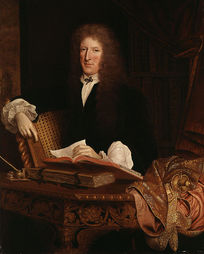

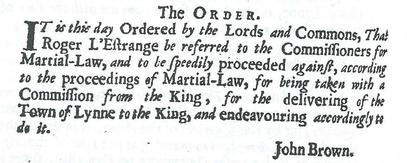
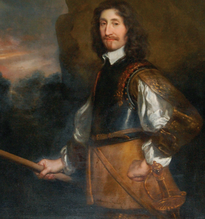
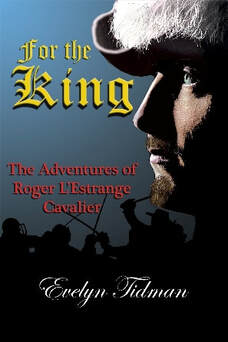
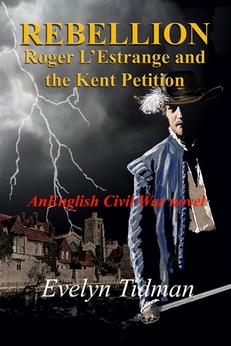
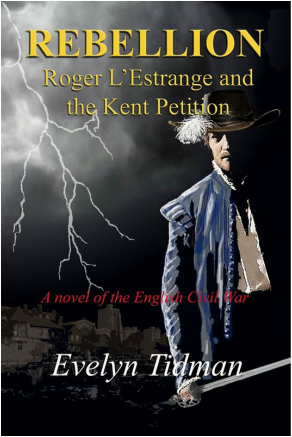
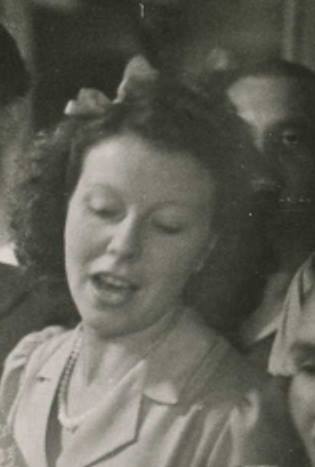
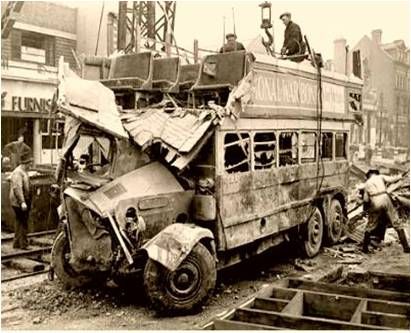
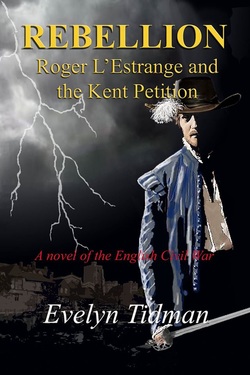

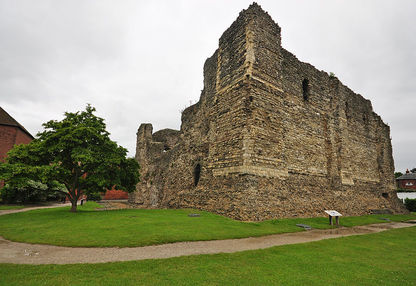
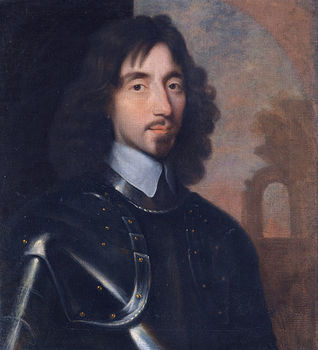
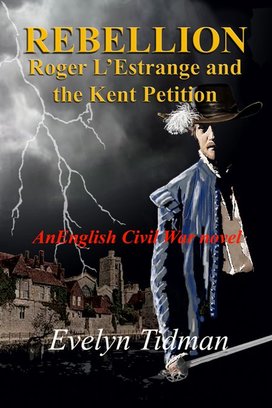
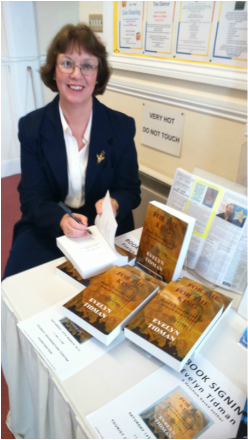
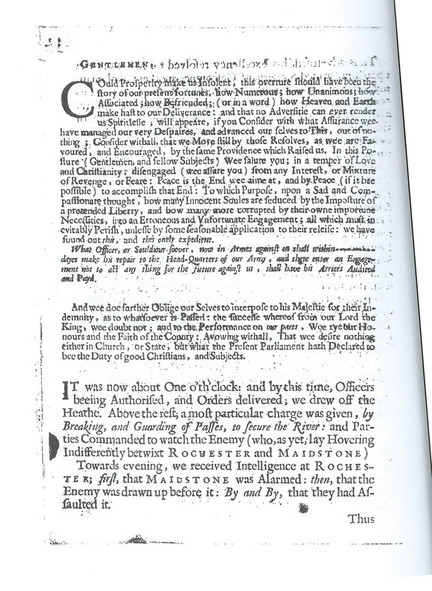
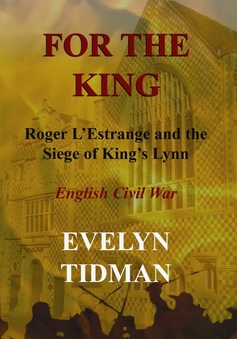
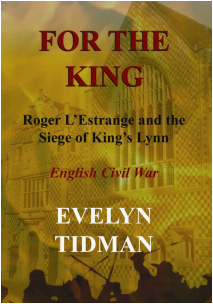
 RSS Feed
RSS Feed
